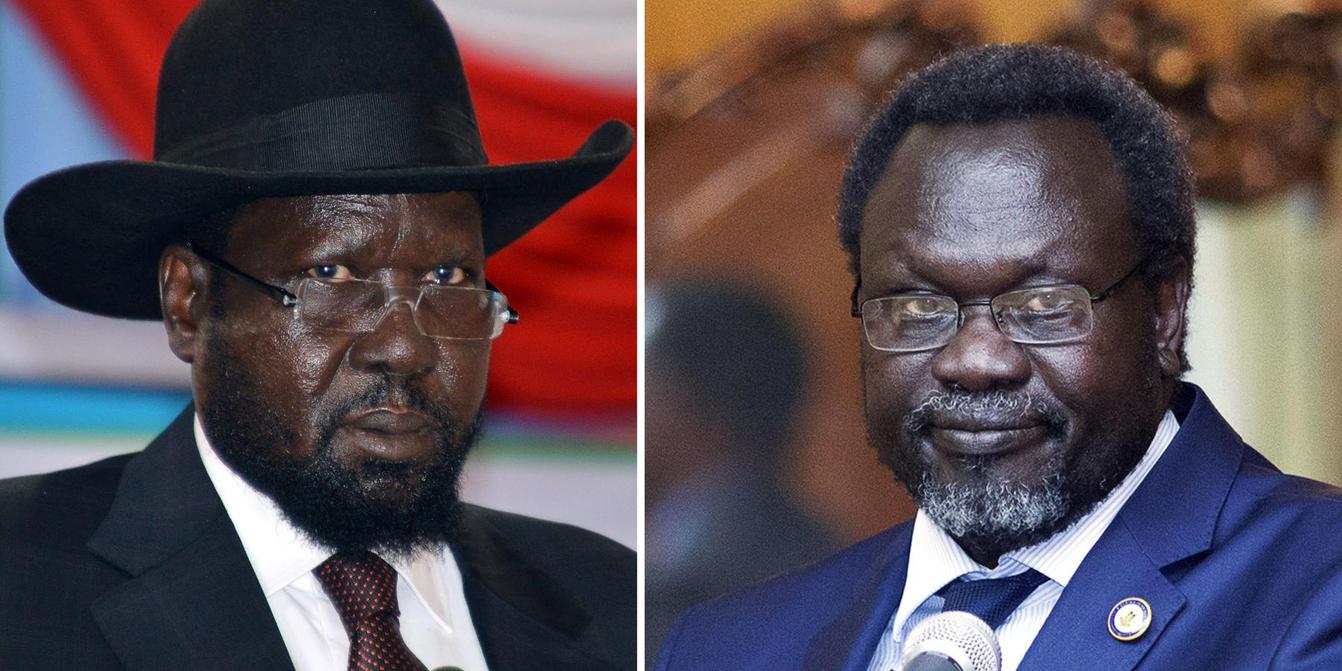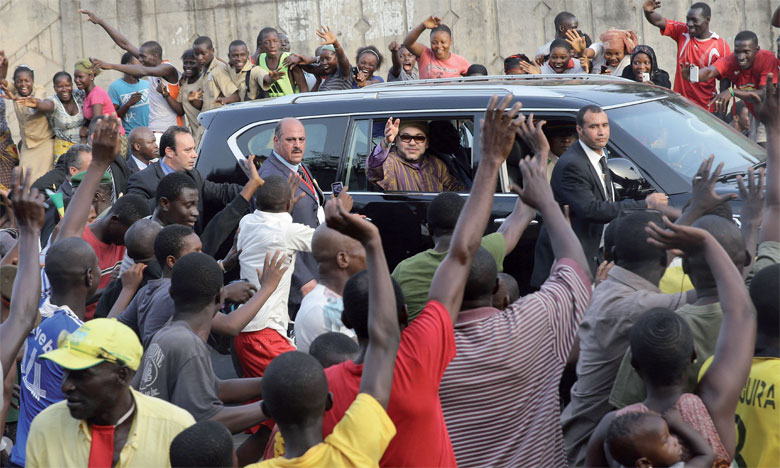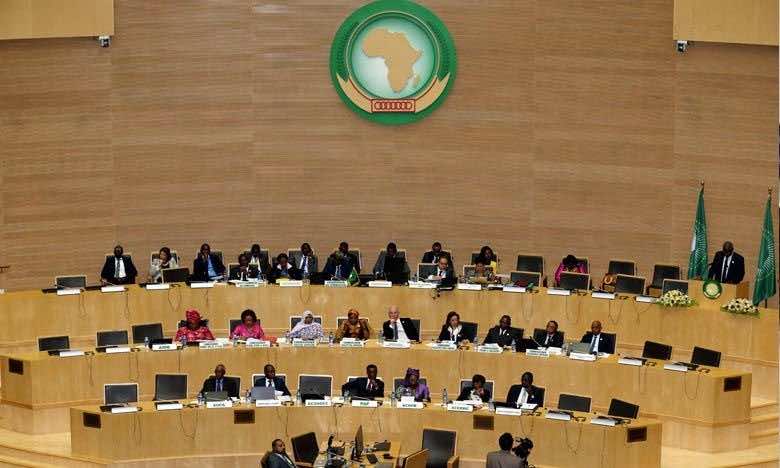South Sudan’s fragile peace process faces a severe setback as escalating violence between government forces and armed groups threatens the 2018 power-sharing agreement between President Salva Kiir and Vice President Riek Machar.
The recent clashes, particularly in the Upper Nile state, have prompted the United Nations to warn of an “alarming regression” that could unravel years of hard-won progress. Fighting erupted in February in Nasir County between the South Sudanese armed forces and the White Army, a militia linked to Machar’s supporters. Tensions soared after South Sudanese troops attacked a UN helicopter attempting to evacuate soldiers from the area, killing several individuals, including a South Sudanese general. The UN condemned the attack, calling it potentially a war crime.
The violence stems from long-standing ethnic and political divisions between Kiir’s Dinka-led government and Machar’s Nuer-aligned forces. The pair’s fragile power-sharing agreement reached in 2018, which ended five years of civil war, may now be in the process of unravelling, raising fears of war in the country’s Upper Nile state. The latest round of fighting, compounded by recent arrests of Machar-aligned officials, has sparked fears of a return to civil war. The White Army, a militia of ethnic Nuer youths, has been implicated in the unrest, further intensifying ethnic tensions.
The United States has urged non-emergency government staff to leave the country as security deteriorates. The United Nations and African Union have called for an immediate end to hostilities, urging leaders to focus on dialogue and the peace process to prevent a descent into full-scale conflict. The situation remains volatile, and analysts warn that without intervention, South Sudan could spiral into another devastating war.



